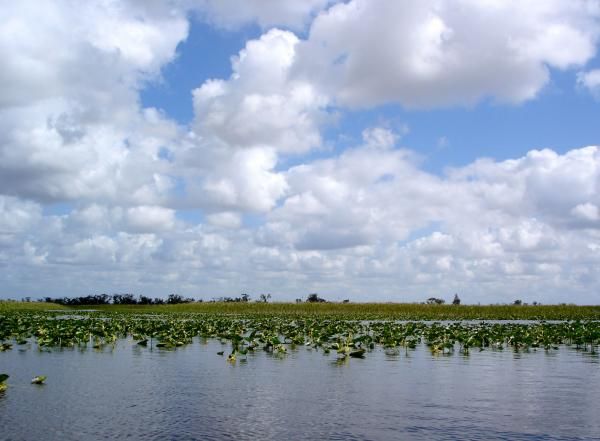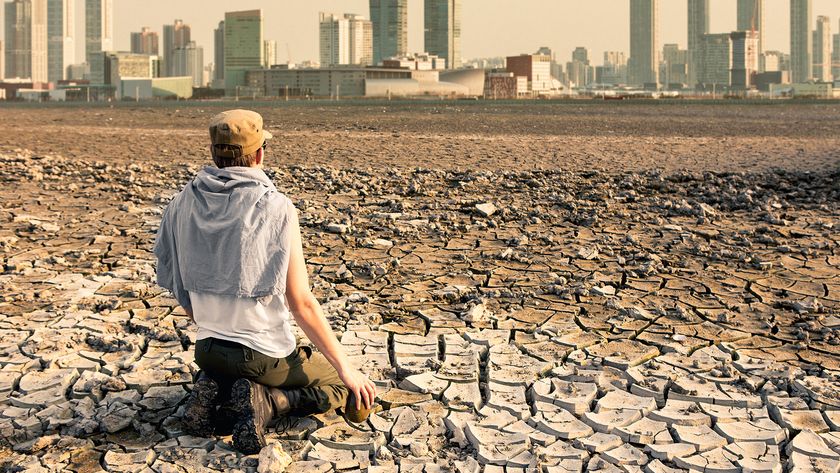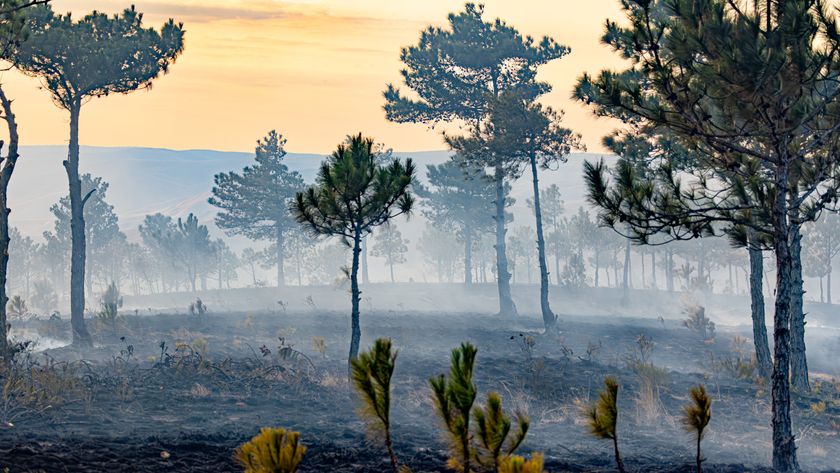
Climate change could put some of the country's most iconic landmarks and national parks at risk from flooding, sea level rise and wildfires, according to a new report.
The study published this month by the Union of Concerned Scientists focused on 30 sites — including Ellis Island in New York, the Florida Everglades and Mesa Verde National Park in Colorado — that are imperiled by rising sea levels, coastal flooding, erosion and wildfires. Authorities at some parks, such as Ellis Island, have already taken steps to ward off such damage. For instance, the Cape Hatteras lighthouse, which was the tallest brick building in the world when it was built in 1870, was moved inland in 1999 to protect it from rising sea levels.
But other stunning or historic sites are completely unprepared for future disasters, according to the report.
This isn't the first report to warn of climate change's threat to national parks. Another study released in January by the National Park Service found that sea level rise and storm surges put at least 100 national parks at risk.
Follow Tia Ghose on Twitter and Google+. Follow Live Science @livescience, Facebook & Google+.
Sign up for the Live Science daily newsletter now
Get the world’s most fascinating discoveries delivered straight to your inbox.

Tia is the managing editor and was previously a senior writer for Live Science. Her work has appeared in Scientific American, Wired.com and other outlets. She holds a master's degree in bioengineering from the University of Washington, a graduate certificate in science writing from UC Santa Cruz and a bachelor's degree in mechanical engineering from the University of Texas at Austin. Tia was part of a team at the Milwaukee Journal Sentinel that published the Empty Cradles series on preterm births, which won multiple awards, including the 2012 Casey Medal for Meritorious Journalism.












